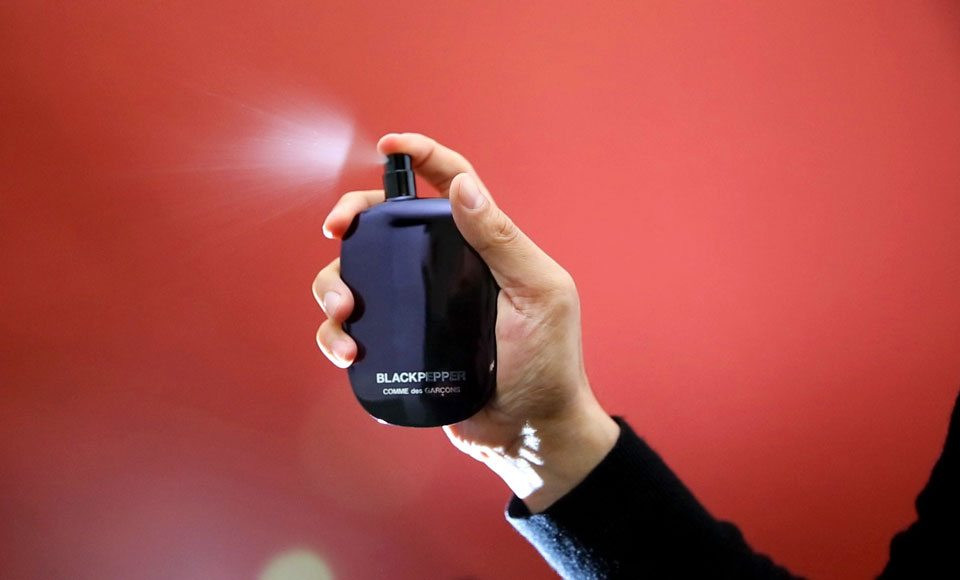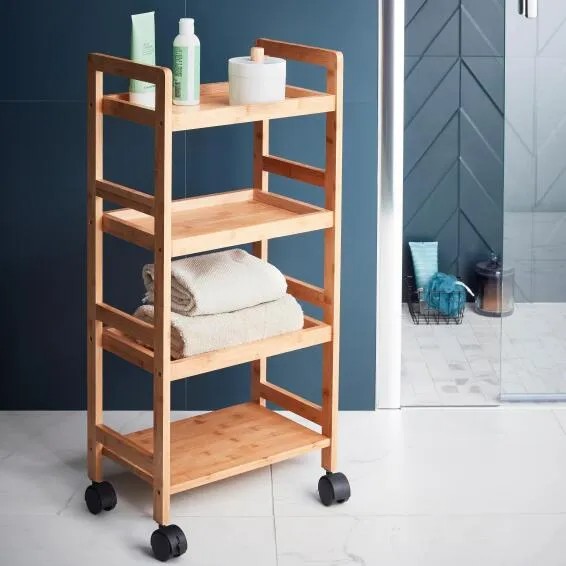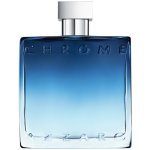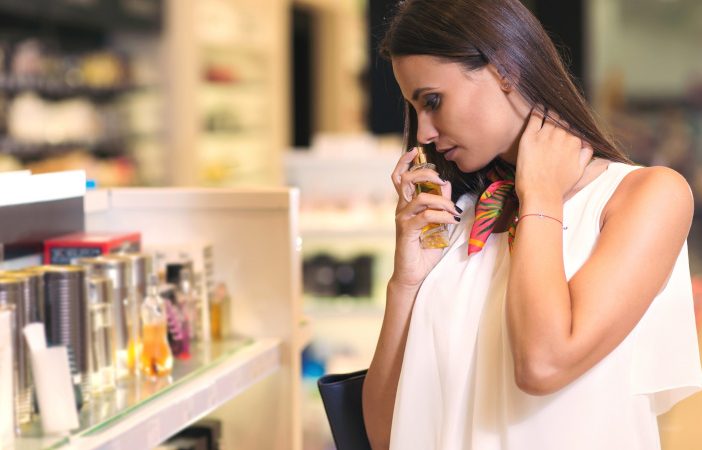“No elegance is possible without perfume. It is the unseen, unforgettable, ultimate accessory.” – Coco Chanel
Who doesn’t love to smell incredible? It’s possible to even feel under dressed if we don’t spritz some of our favourite fragrance before stepping out the door because perfume is an essential part of our daily ritual. Interestingly, there is more to know about perfume than just how it smells.

Geraldine Augustine-Darwood, from perfume brand Gold Series, says that some people love perfume, but don’t give it much thought beyond ‘Oh, that smells amazing.’ She goes on to say that every single fragrance has a special backstory as a significant ‘invisible accessory’ for both men and women. A scent ‘talks’ to our souls as much as to our noses. This small but priceless element of daily life improves our mood, makes you feel attractive and boosts confidence.

We are all familiar with the trials and tribulations that can come with buying a new fragrance; searching for the best price on fragrances, finding the right fragrance for you, or searching for the best summer perfume. But, there’s so much to learn about perfume. So before you buy your next fragrance, here are five facts about perfume and how we can best wear it, understand it, and look after it.

1. Where it started
The first people to include scent into their culture were the ancient Egyptians, who were then followed by the Chinese, Hindus, Israelites, Carthaginians, Arabs, Greeks, and Romans. Nearly 4,000 years ago, the island of Cyprus produced the first perfumes, but it was the Egyptians who made scent an integral part of their civilization 3,000 years ago by creating glass and stone containers to retain their priceless perfumed oils and balms. On the island of Cyprus, there was the first real ‘factory’ for the manufacture of fragrant oils 4,000 years ago.

2. On the nose
Have you ever noticed that your perfume wears off after a while? The truth is that it’s still there, but because it’s familiar to you, your nose and brain stop noticing it. Your brain simply ignores it after realising it won’t affect you. In fact, if you often wear a trademark scent, your brain will get so accustomed to it that you won’t even notice it, and you’ll only be able to smell the top notes of the fragrance. If you’ve been wearing the same perfume for years, it may be time to switch it up and try a new signature fragrance.

3. Skin talk
Because each person’s skin has a different scent, even the same fragrance may smell differently on you than it does on a friend or work colleague. Everything that makes up your body’s natural odour including body temperature, pH balance and a lot more, has a visible chemical reaction with the perfume, and affects how the fragrance smells.
Top Tip: Before choosing a new fragrance, spray it on your wrist and give it some time to settle before smelling it. Let your skin do the talking.

4. Summer fragrance
Crisp summer mornings call for simple fragrances that are light, airy, and fresh. Your perfume style can change with your mood as your winter wardrobe gives way to summer dresses, shorts, t-shirts, and sandals! Although orange blossom, mandarin, and grapefruit are common notes in summer perfumes, along with florals such as jasmine and peony, you might choose a more traditional scent with notes of vanilla, coconut, or lemon, or you can go for a distinctive fragrance that combines notes of salt, bergamot, or rose petals.
With notes of plum, white lily and vanilla, Gold Series Siren is the perfect summer scent for her. For him, Gold Series Privé with its notes of lemon and amber is the ideal fragrance for men this summer.

5. Proper storage
It is recommended to keep your bottle of perfume in a cold, dark place, like a closet or drawer, away from light and heat to prevent it from being impacted by temperature changes. Avoid excessive shaking and keep your perfume bottle closed while not in use.
Top Tip: A scent should be used within two to three years of initially opening it, provided it is stored properly.




